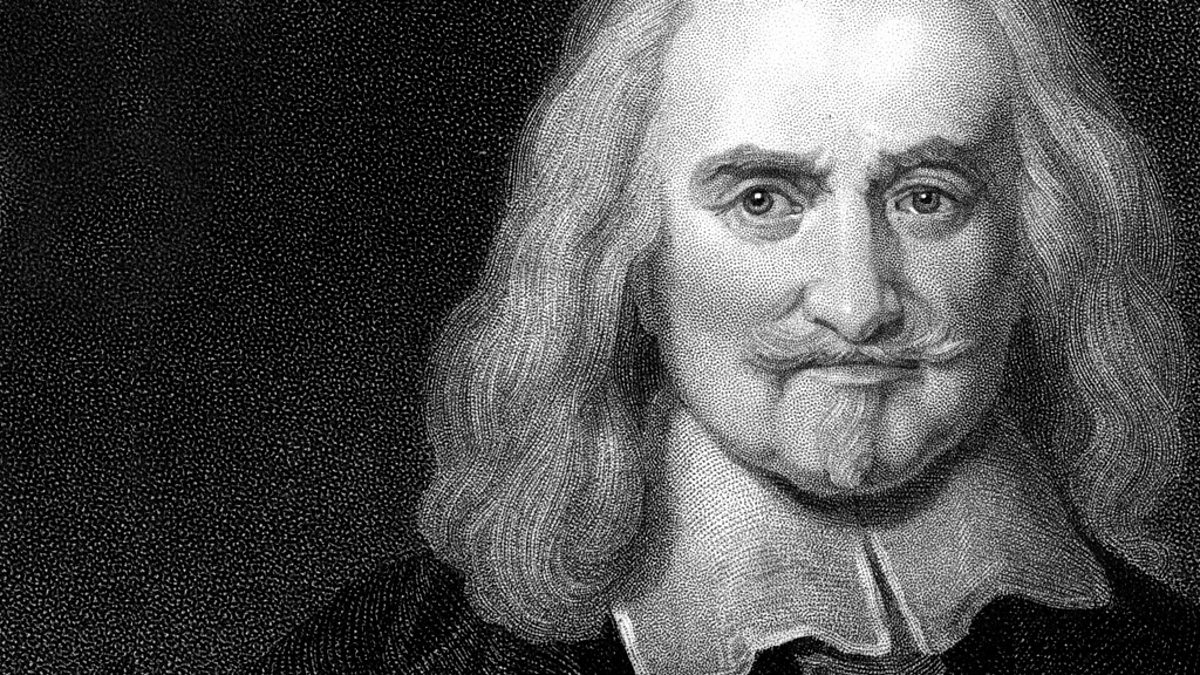Hobbes was the first Englishman to present a logical system of political philosophy.
So skillfully did he blend the current political thought in his system of political administration and adapt it to his ends that he at once came into the front rank of political thinkers and “his theory became from the moment of its appearance the centre of animated controversy and enormous influence throughout Western Europe.”
Hobbes has been criticised vehemently. His ideas of what constituted a sound scientific method were those of his time and are now long out of date. Yet, his philosophy illustrates Bacon’s saying that, “Truth emerges more easily from error than from confusion.”
ADVERTISEMENTS:
Nothing like the state of nature ever existed and there is absolutely no evidence in history to show the State to have emerged by mutual and deliberate agreement. The Social Contract is impossible, for the history of primitive societies has shown conclusively that men move from status to contract.
Hobbes‘ claim is just the other way, namely, that men move from contract to status. Nor is man so inherently selfish, self-seeking and aggressive as Hobbes has described him. Man is a rational and social being, though his irrationality cannot be ignored altogether. Hobbes’ dogma that man is by nature unsocial and an “enemy of his kind” is diametrically opposed to the Aristotelian dogma, that man is a social animal.
Society exists by nature and necessity and it has existed since man made his first appearance on this planet. As man is social, he cannot lead an isolated life and his sociability makes him a rational being, cooperative and sympathetic towards his fellowmen. Hobbes’ ethical and political philosophy is based wholly on egoism and hedonism.
ADVERTISEMENTS:
Hobbes described the state of nature as pre-social and pre-political. At the same time, he said that man enjoyed in the state of nature natural rights. Rights always arise in a society. If there is no society, as Hobbes’ state of nature was, how could there exist any rights?
Every right has a corresponding obligation. But Hobbes’ man in the state of nature had no obligations; he did anything that pleased him, and possessed anything that he could take and hold against all others.
Again, according to Hobbes, there was a surrender of rights. But it is against commonsense to believe that man would ever surrender all his rights. Hobbes himself becomes inconsistent when he says that man retained to himself the right of self-preservation. There cannot be complete surrender and then reservation of a right.
A contract is always between two parties; it cannot be unilateral or one-sided. Hobbes makes the sovereign the beneficiary of the contract, but not a party to it. And the contract is perpetual and irrevocable. This transaction hardly appeals to human reason. Hobbes also fails to distinguish between the State and government. He confounds the legal absolutism of the State with governmental absolutism, and he does not see that changes in the forms of government do not imply the dissolution of the State.
ADVERTISEMENTS:
But when all this is said, Hobbes’ Leviathan is of the very geatest importance. It is, in the words of Professor Oakeshott, “the greatest, perhaps the sole, masterpiece of political philosophy written in the English language.” This is an exaggeration, yet, in spite of the fury of his critics, Hobbes continues to be widely read and makes a powerful appeal.
The Leviathan is the first statement of complete sovereignty in the history of political thought. Hobbes contradicted the old concept of justice and maintained that Justice is created by law and that law is not the reflection of justice. Hobbes is also an Individualist in the sense that for him the world is and must always be made up of individuals. He does not believe in the people, common will or general will or common good.

